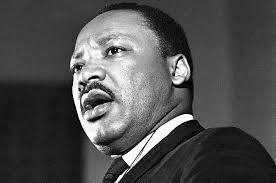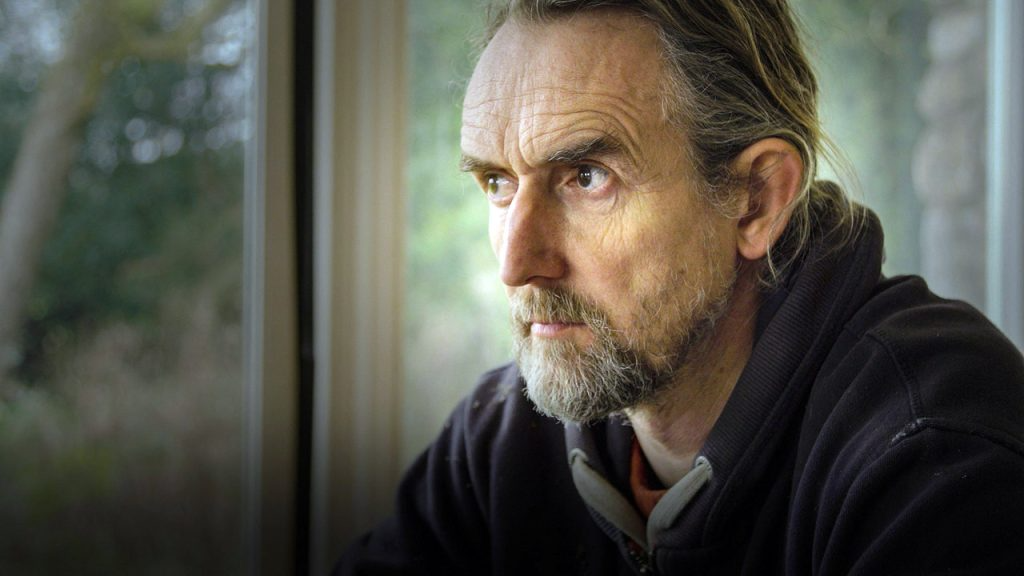And then that was won too.

Life Not Money Campaign Diary Post number 9 – the last one.
This is going to be an unfashionable long post but I’ve broken some rules in the last few months so I guess breaking another one won’t do much more harm.
The cleaners’ dispute demanding basic workers rights at the London School of Economics was won on the Thursday before the election. Most gratifyingly, as I understand it, cleaners will no longer be outsourced but be directly employed by the university. It should be super clear that the result came about because of the fantastically resilient campaign of the UVW trade union and support from the Justice for LSE cleaners campaign. It would seem reasonable to assume that the Life not Money actions which involved a number of arrests and an endorsement from Noam Chomsky helped the process along but it is not necessary to speculate about the degree. At the beginning of the campaign it was made clear to me by an UVW person that a plurality of groups, tactics and demands was good as it “confuses the opposition” and it was on the basis of that opinion that I supported our actions going ahead. Indeed around three weeks ago I was phoned and requested that we do more full on direct action as the situation was “heating up”. However I totally acknowledge that for some people involved it was challenging to see another group and another set of tactics deployed. And I apologise for some communication problems which have resulted from this.
In both this campaign and with the successful Kings College Climate Emergency campaign we hoped into practice a new way of getting results – a rapid escalation of civil disobedience involving the repeated decorating and chalking of public walls and roads. It has inspired many similar actions up and down the country, most recently the Rising Up chalking of the Murdoch headquarters just before the election – the video of it has received 170,000 views so expect the tactic to continue to spread.
But the deeper reason for success I believe (and this is confirmed by interviews with senior managers at Kings College) is the taking of a public open and moral stand on an issue of self evident injustice. And pursuing that stand through a rapid repetition of acts of peaceful civil disobedience which would lead, in the case of the Kings campaign to suspension and expulsion from the college – or imprisonment in the case of the LSE. The key factor is the fearless act of defiance. I was not bluffing at Kings and we weren’t at LSE. I was fully prepared for the prospect of being stopped from finishing my PhD and face a criminal damage prosecution. And at LSE we were fully prepared to go to prison. I have been to jail before and made preparations to go inside again.
The point is that in the face of such an unambiguous stand the power of the authorities is highly likely to crumble. Because whatever they do they have already lost. At Kings we won all our demands in just an eight week campaign. At LSE they told the police not to arrest us because they knew the dire reputational consequences of being the first UK university to have nonviolent campaigners and students imprisoned. Instead they have allowed us to freely chalk the roads around the LSE with zero interference. Power then can be understood as being based, not on money or status or knowledge, but on fear. Only through the maintenance of fear can injustice and oppression sustain itself.. But when the “fear barrier” is broken the dam breaks. We saw the beginning of such a process in the recent election.
And so having just about completed my three years of PhD research into effective radical political action maybe this is the main finding (or rediscovery to be more accurate). The good news for activists, and the many thousands of people who are now waking up to the political situation, is that if we have the confidence to make defiant public stands in support of what we believe in then we will succeed. And yes this means being prepared for personal sacrifice – to undertake fasts, to go to jail, to risk losing middle class privileges of getting degrees and job security. This is how it always was in the great radical struggles for social justice in the past – and so it will be from now on. History has returned in case anyone is still in denial on this.
And at the same time it seems to me that such struggles will only win the peace as well as the war, as it were, if they are conducted with respect for the opposition – and not fall into the trap of bitterness and self-righteousness – that somehow because we are right we are better than those we oppose. Such a position is politically and morally dubious and also bad tactics. In both campaigns I went out of my way to talk to and show respect to the security people. And in a funny way one of the most gratifying things about the King’s campaign is that all the black security guys on the doors know me and we always have a bunter when we meet. Just this morning one of them asked to check my student card and said “Oh yes Roger, we know all about you” and, broadly smiling, he put his arm around me.
And yes we are working another Rising Up campaign. We want to apply what we have learned in single institutional settings and do something on a London wide scale on air pollution. As the elites should know by now “there’s no rest for the wicked”. I will post about this very soon (and if you want to join the team – don’t be shy – get in touch).
Thank you to everyone involved in these campaigns – it’s been a pleasure to work with you.
Here’s a pic of my mate Martin – whose autobiography has kept me in good spirits during several nights in Charing Cross police station cells.
